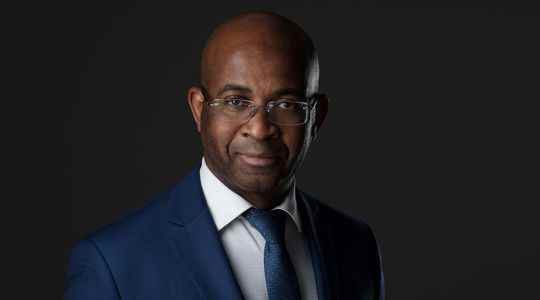How to raise the skills of French-speaking African students? By focusing on immersion in Canadian universities, of course. But why not send Canadian professors to teach there? This second solution offers many advantages: the students, who remain in their environment, avoid a culture shock as well as the expenses of transport and accommodation. Moreover, it is easier, less expensive and more ecological to move only a few teachers.
It is from this double observation and with this ambition to strengthen the capacities of young African talents that Komlan Sedzro, dean of the School of Management Sciences of the University of Quebec in Montreal (ESG UQAM), has established partnerships in several French-speaking African countries for several years. A model that goes beyond the framework: in fact, in most cases, universities that are exported, including French, American or other institutions, directly build a new campus abroad and distill their ways of doing things and their values there.
Local partnerships
“We do the opposite, always relying on a local partner. In Senegal, we have a program with the Ecole Supérieure de Commerce (Sup de Co) in Dakar, and we deliver certification on the spot. In Gabon, we have recently launched an Executive MBA, which allows executives to follow the courses of professors sent to Libreville or who taught remotely during the pandemic, while continuing to work in the country. The same is true in Cameroon and Tunisia ( and previously in Mali).In addition, in 2019, we signed a partnership agreement with the Regional Stock Exchange (BRVM), based in Abidjan and common to eight West African countries: Benin, Burkina Faso, Ivory Coast, Guinea-Bissau, Mali, Niger, Senegal and Togo”, he lists.
This last project, somewhat slowed down by the health crisis, has however already given rise to the development of a training site for local finance professionals. The resulting certification is still to be determined between ESG UQAM and BRVM. “It will in any case relate to financial analysis, indicates Komlan Sedzro. And it will be international.” It is a question, for the beneficiaries of the training, of becoming certified financial analysts. For this, why not rely on local case studies, much more effective and telling than those of Western universities, generally relating to multinationals?
“Focusing on quality and being part of the local reality are our two objectives”, continues the dean of ESG UQAM. Without forgetting the expansion, facilitated by the new forms of hybrid teaching, half-face-to-face, half-distance. Indeed, discussions are also underway to set up a summer university in 2023 with the BRVM and to expand the Quebec offer to other institutions, such as, in Côte d’Ivoire, at the Institut national polytechnic Félix Houphouët-Boigny in Yamoussoukro, and the university of the same name in Abidjan. “These are two well-known establishments and we recently met their representatives with a view to developing cooperation, in the form of courses and research”, welcomes Komlan Sedzro.
Develop networks
For him, education must serve the economic development of the continent. This also means giving pride of place to social innovation and social and environmental responsibility. “In the curriculum of the Executive MBA, we have also included management and ethics courses, whereas these disciplines are often absent, including in the West”, he underlines. ESG UQAM also wants to develop networks for its African graduates, in order to create a large community of educated, seasoned professionals, whose values will be those of mutual aid, emulation and ethics. Some of its students trained in offshore programs have already become mayors, ministers or ambassadors. Other graduates should follow…
